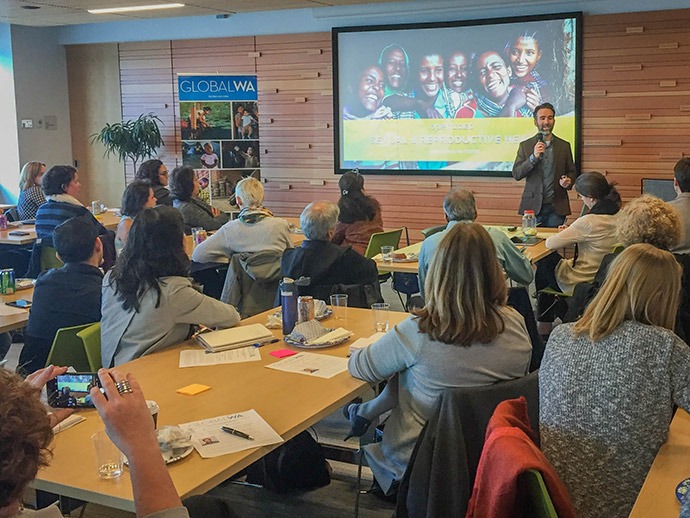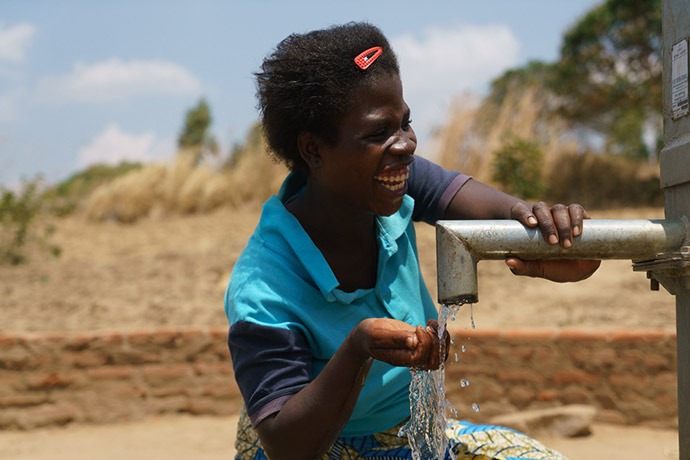Key Travel Survey Reveals Jump in Last Minute Travel Booking, Increased Use of Sharing Economy Platforms, and Heightened Travel Risk Awareness
By: Sean Kelly, President – Key Travel US
Every year, Key Travel distributes an annual survey to travelers and travel organizers at over 350 organizations across the NGO, academic, and faith sectors. This survey helps us capture valuable insight into the policies, attitudes, and preferences of our unique client base. This year’s results gave us a better understanding of our clients’ booking preferences, safety and risk management strategies, and travel trends.
Some interesting findings include: an increase in travel being booked by email or online, often outside of normal business hours, and at the last minute. We also observed an increase in the use of sharing platforms when traveling for work, such as booking accommodations through Airbnb. While the survey results saw a decrease in security felt by travelers, there was a positive uptick in management strategies to mitigate risk to the traveler.

